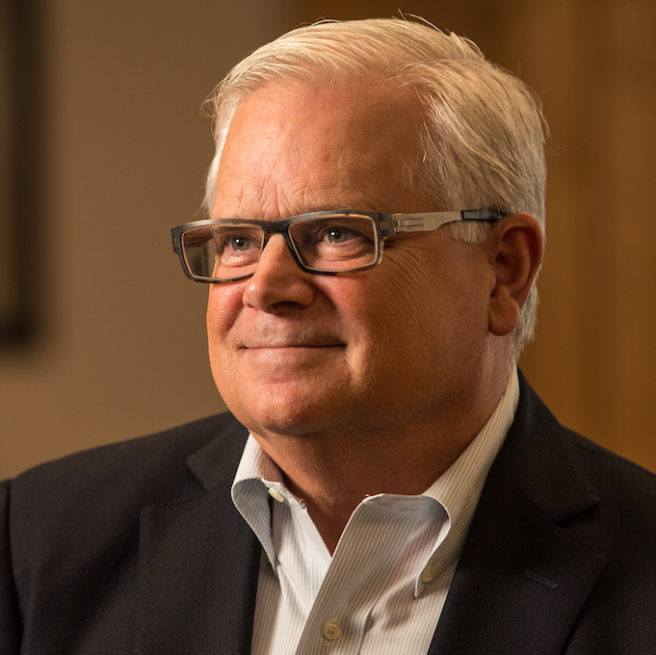COLUMBUS, OH — Food safety expert and lawyer Bill Marler delivered a keynote presentation at Food Safety Tech’s Hazards Conference Series + CFI Think Tank on April 5, where he stressed the importance of prevention when it comes to foodborne illnesses.
Marler has been advocating for safer food practices for more than 30 years — beginning with the deadly E. coli outbreak traced to Jack in the Box hamburgers in 1993 — and has worked on numerous high-profile foodborne illness cases.

During his presentation, Marler emphasized that food is a product like any other in the eyes of the law, and strict liability comes into play if a company’s product causes harm. He cited cases he has worked on where the food industry could have taken preventative measures to avoid outbreaks, such as the Jack in the Box outbreak where there was a suggestion from an employee to cook burgers longer, but the company rejected the idea.
Marler also touched on the case of Odwalla juice drinks, where he discovered that the product was found by the U.S. Army to not be fit for military consumption, but the company continued to sell it to the public.
“You’d think if you couldn’t sell your juice to the U.S. army, you might not want to sell it to kids or pregnant women,” Marler said.
Marler urged companies to prioritize food safety and change their culture to prevent outbreaks from occurring.
“Sometimes you get companies that seem to forget that they are making food,” Marler said.
Marler also discussed the devastating impact of foodborne illnesses on families and the work of those who have turned their grief into something positive by advocating for change. It was after sitting in ICU rooms with parents and sick children that Marler said his attention shifted to advocacy.
“There was a point in my career where I decided suing companies wasn’t enough. That it wasn’t enough to change people’s behaviors,” he said.
Marler emphasized the importance for the food industry to identify hazards and have qualified and committed staff. He also called for companies to take a closer look at their supply chain, using the example of the continuing issue of romaine lettuce and the potential source of contamination: cow farms next to where lettuce is grown.
Despite the challenges, Marler expressed optimism about the future of food safety, pointing to the progress that has already been made.
Editor’s note: Bill Marler is the publisher of Food Safety News.
(To sign up for a free subscription to Food Safety News, click here.)

